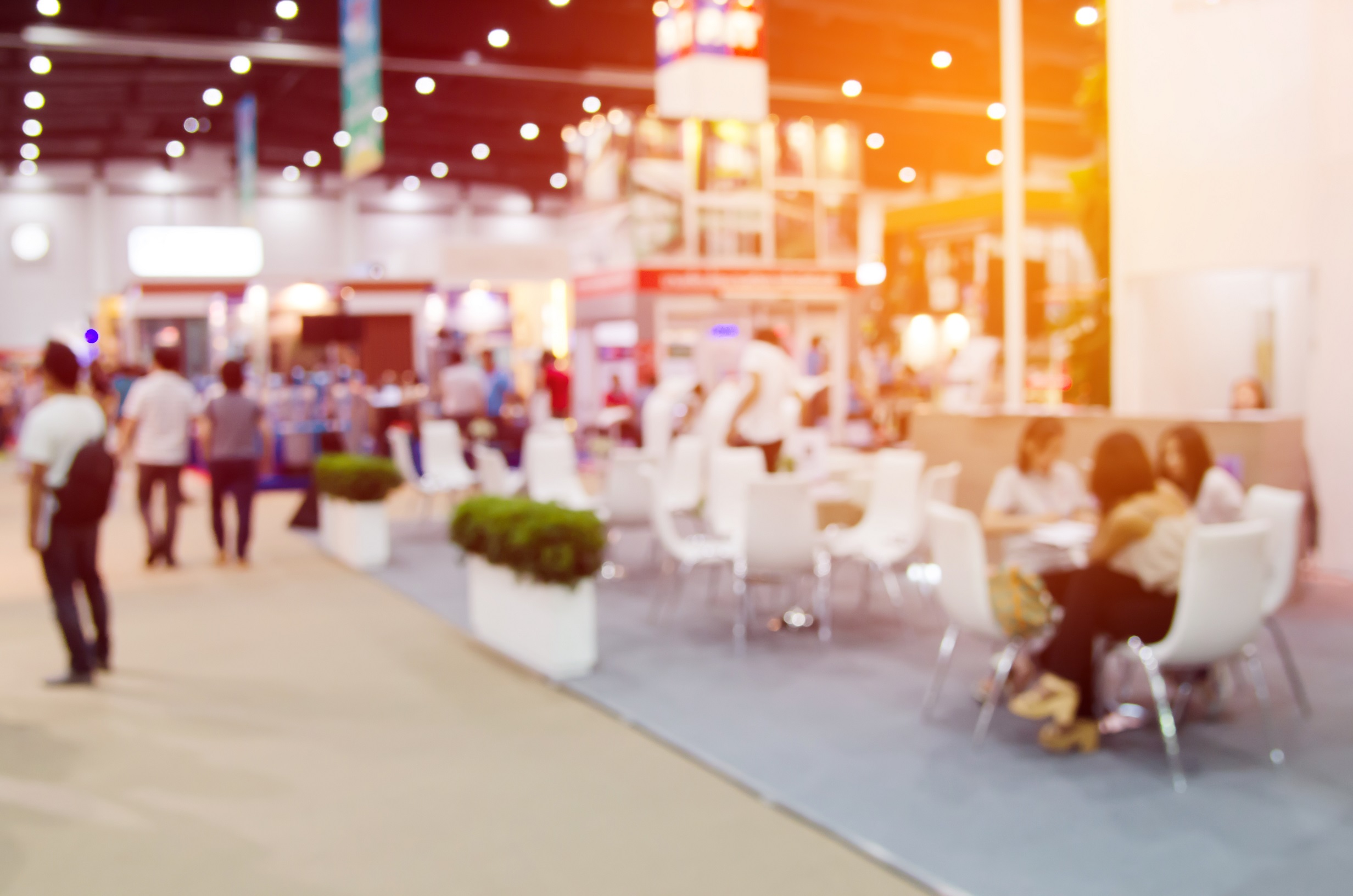With the world’s rapid digital advancement post-COVID-19 era, it has become harder for brands to stand out against their competitors. Younger consumers are increasingly craving novel and exciting experiences. Meanwhile, the changing landscape, whereby the traditional high street is increasingly struggling against the online giants, is leading up to the emergence of the pop-up economy (stores that pop up for a limited time to achieve a particular goal).
So, what exactly is a pop-up?
In short, pop-up shops are stores that ‘pop up’ for a limited time to achieve a particular goal. They are short-term outlets that allow businesses to test out their brand and product delivery before establishing a long-term physical retail store. This type of retail is becoming more common as brands look for unique and engaging ways to increase awareness while giving them the opportunity to experiment with less risk.
The benefits of establishing short-term physical locations
Retailers most commonly opt to open a pop-up in order to generate buzz and awareness of their services, offerings, or even just their brand.
However, pop-ups can also increase sales and social media engagement, as well as boosting online visibility, as a result of positive customer engagement and expansion of reach.
Taking that ‘FOMO’ one step further, a pop-up event is a great opportunity to show off a new product or range launch. Not only do you generate excitement, but consumers are also more likely to attend and purchase to ensure they’re able to get their hands on a product before it sells out!
From clicks to bricks – how e-commerce can benefit
Pop-ups can be especially beneficial for e-commerce businesses because they offer brand exposure in a new space with the intention of attracting an audience that wasn’t being captured in previous marketing efforts. It can also be a great tester project for e-tailers looking to experiment with brick-and-mortar spaces, providing an understanding as to how their brand might perform in this type of market.
Although the digital evolution has catapulted the number of consumers purchasing through online platforms, a large number of retail sales are still occurring in store, and as COVID-19 restrictions started to lift in the UK, shopping centres saw footfall dramatically increase. Physical retail opportunities, even if temporary, should be considered by online stores as part of their strategy to build awareness of their brand and to incorporate a new sales channel.
Pop-ups allow e-commerce businesses to translate their offering easily to a physical store while experimenting with their desired shopping experience. This can be done without having to commit to a long-term design and expense.
Transitioning from an online-only space to a pop-up retail location can also drive more online traffic through the building of strong customer experiences, new audiences, and retention and loyalty with existing valued customers.
Big players in the pop-up game
Anyone can open and create noise through a pop-up, from a small independent greeting card supplier to a luxury fashion giant. Some of the best pop-up events are those that go one step further than simply displaying products and bring a fresh idea to a brand’s expected offering. Chanel famously opened Coco Cafés in numerous locations around the world. The luxury fashion brand invited consumers to experience mini-makeovers and sample newly launched fragrances, all while enjoying a drink. The perfect shopping-day treat!
A two-day pop-up store in Barcelona saw sports giant Adidas reveal an EQT gaming room. Visitors were able to experience the latest in Adidas’ innovation and new designs while being able to take advantage of exclusive features and a range of games machines. Great fun for any e-sports fan!
It isn’t only fashion retailers that have created memorable pop-up experiences. Mexican pale lager brand Corona – who are well-known for its relaxed, good-time vibe – constructed two pop-up social escapes in Barcelona and Sitges, featuring a restaurant, yoga sessions, and live music, all in a paradise-like, luscious environment.
